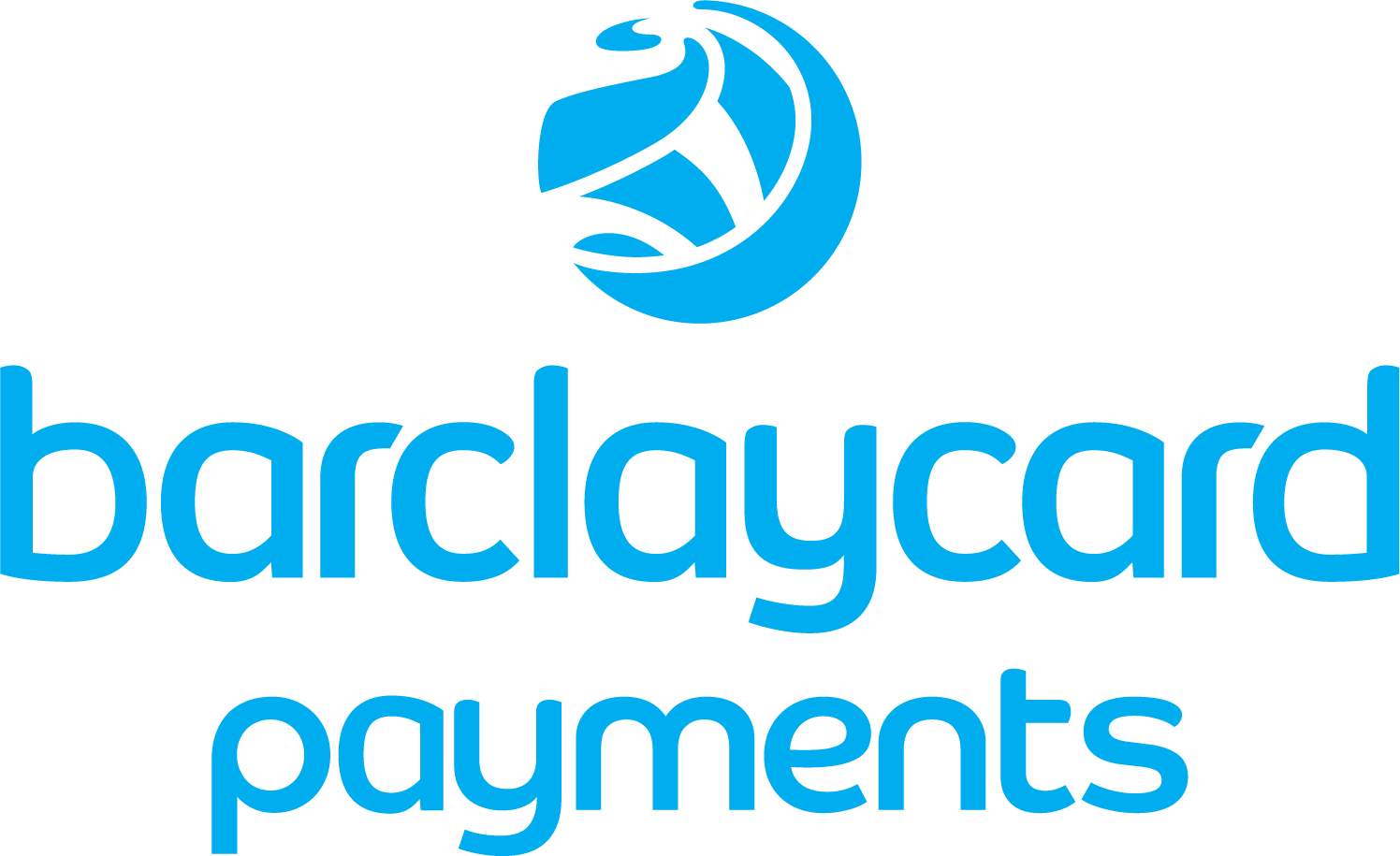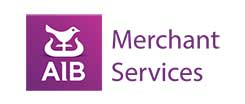- Accept card payments – lowest rates from 0.27%
- Keep your card processing fees to a minimum
- Direct access to the UK’s leading card processing banks
- We ensure your rates always remain competitive
No spam emails or calls
Choose from the payment methods then click Next
What's your turnover each month?
Enter the name of your company
Enter your company's postcode and contact number






Understanding Rates for Credit Card Processing: A Comprehensive Guide
For UK businesses, accepting credit card payments is essential in today’s digital economy. However, navigating the complex world of credit card transaction fees can be challenging. Understanding these costs helps merchants optimise expenses and choose the best payment processor for their needs.
This guide breaks down the different rates for credit card processing, including interchange fees, scheme fees, payment gateway fees, and other hidden fees that impact your bottom line.
How Credit Card Processing Fees Work
When a customer makes a card payment transaction, multiple parties are involved, each charging a fee:
- Card Issuer (Bank issuing the card) – Charges interchange fees
- Card Networks (Visa, Mastercard, etc.) – Apply scheme fees
- Payment Processor – Takes processing fees
- Payment Gateway (For online payments) – May charge a flat fee or per transaction fees
The total cost is known as the merchant service charge (MSC), which varies depending on factors like payment methods, average transaction value, and payment channels (in-person vs. online).
Types of Credit Card Processing Fees
1. Interchange Fees
These are set by the card issuer (e.g., Barclays, HSBC) and vary based on:
- Card type (consumer credit cards, corporate cards, debit cards)
- Transaction method (contactless, in-person payments, online payments)
- Risk level (e.g., cross-border transactions have higher interchange fees)
UK interchange fees are capped by EU/UK regulations, but rates still differ:
- Debit cards: ~0.2% – 0.3%. Debit card transactions generally incur lower fees compared to credit cards, making them a cost-effective option for businesses. Some businesses may offer incentives to encourage customers to use debit cards.
- Credit cards: ~0.3% – 0.9%
2. Scheme Fees (Card Network Fees)
Visa and Mastercard charge scheme fees, a small percentage of each card transaction. These cover network maintenance and fraud prevention.
3. Payment Processor Fees
Your payment service provider (e.g., Stripe, Worldpay) charges:
- Flat rate fees (e.g., 1.5% + 20p per transaction)
- Custom pricing (for high-volume merchants)
- Monthly fees (account maintenance)
- Minimum monthly service charge (if transactions are low)
4. Payment Gateway Fees
For online payments, gateways like PayPal or Adyen may charge a payment gateway fee:
- Per transaction fees (e.g., 10p – 30p)
- Monthly subscription fees
5. Additional Fees
- Chargeback fees (£10 – £25 per dispute)
- PCI compliance fee (for security standards)
- Cross-border fees (for global payments)
- Assessment fees (charged by card networks)
- Other hidden fees (statement fees, early termination fees)
6. Merchant Service Charge
A merchant service charge is the fee charged by the payment processor for their services. This fee encompasses various aspects of transaction processing, including securing the network, handling customer support, and ensuring smooth transaction flow. Merchant service charges can be structured as a flat fee or a percentage of the transaction amount. Understanding these charges is crucial for businesses to manage their credit card processing costs effectively. By knowing the components of the merchant service charge, businesses can better negotiate with their payment processor and potentially lower their overall expenses.
7. Chargeback Fees
Chargeback fees are incurred when a customer disputes a transaction and requests a refund through their credit card issuer. These fees can vary significantly depending on the payment processor and the nature of the business. Some payment processors may impose a flat fee for each chargeback, while others might charge a percentage of the transaction amount. Chargebacks not only result in financial loss but can also harm a business’s reputation. Therefore, it’s essential for businesses to understand the chargeback fees associated with their payment processor and implement strategies to minimize disputes, such as clear refund policies and robust customer service.
Factors Affecting Credit Card Processing Costs
1. Business Type & Industry Risk
High-risk industries (e.g., travel, gambling) face higher fees due to increased fraud risk.
2. Payment Method
- Digital wallets (Apple Pay, Google Pay) may have lower fees than physical cards.
- Corporate cards often incur higher interchange fees.
3. Transaction Type
- In-person payments (via card machines) are cheaper than online payments.
- High-value transactions may have reduced percentage fees.
4. Average Transaction Value
Merchants with a high average transaction value may negotiate lower fees.
5. Annual Card Turnover
High-volume businesses can secure custom pricing with processors.
Comparing Pricing Models for Card Processing
| Pricing Model | How It Works | Best For |
|---|---|---|
| Flat Rate Pricing | Fixed % + fee per transaction (e.g., 1.75% + 20p) | Small businesses, startups |
| Interchange Plus | Interchange fee + fixed markup (transparent) | Medium/large businesses |
| Tiered Pricing | Transactions categorised as “qualified,” “mid-qualified,” or “non-qualified” | Businesses with consistent card types |
| Subscription Pricing | Monthly fee + low per-transaction cost | High-volume merchants |
How to Reduce Credit Card Processing Fees
- Negotiate with Payment Service Providers – High annual card turnover can secure better rates.
- Encourage Debit Cards & Digital Wallets – Lower fees than consumer credit cards.
- Avoid Cross-Border Fees – Use local acquiring banks for international sales.
- Prevent Chargebacks – Clear refund policies reduce chargeback fees.
- Optimise for PCI Compliance – Avoid non-compliance penalties.
- Compare Providers – Some merchant service providers offer lower fees than others.
Hidden Fees to Watch Out For
- Minimum monthly service charge (if sales are low)
- Early termination fees (for closing an account early)
- Payment gateway fees (if not bundled)
- Cross border fees (for accepting foreign cards)
- PCI compliance fee (if not self-certified)
Choosing the Right Payment Processor
When selecting a payment processor, consider:
✅ Transparent pricing (avoid hidden fees)
✅ Support for popular payment methods (cards, payment links, digital wallets)
✅ Fraud prevention tools (reduce chargeback fees)
✅ Scalability (handles growing card transactions)
Credit Card Payments and Security
1. How Secure is a Credit Card Payment?
Credit card payments are widely regarded as a secure form of payment, thanks to stringent security measures enforced by payment processors. To ensure the safety of cardholder data, payment processors must comply with PCI (Payment Card Industry) standards, which mandate rigorous security protocols. Additionally, credit card payments utilize advanced encryption methods to protect transaction data from unauthorized access. For businesses handling credit card payments, prioritizing security is paramount to prevent data breaches and safeguard their customers’ sensitive information.
2. Risks of Credit Card Payments
Despite the security measures in place, credit card payments are not without risks. One significant risk is chargebacks, which can lead to lost revenue and damage to a business’s reputation. Another critical risk is data breaches, where sensitive cardholder information can be compromised. To mitigate these risks, businesses should implement robust security measures, such as encryption and tokenization, and continuously monitor transactions for any suspicious activity. By taking proactive steps, businesses can protect themselves and their customers from potential threats associated with credit card payments.
Final Thoughts
Understanding rates for credit card processing helps UK businesses manage costs effectively. By comparing merchant service fees, negotiating better terms, and avoiding unnecessary charges, merchants can optimise their payment processing expenses.
Whether you’re using card readers, online payment gateways, or card machines, knowing how fees work ensures you get the best deal for taking credit card payments.
Need help finding the right payment service provider? Compare quotes and choose a processor that aligns with your business needs!
FAQs
Q: What is the average credit card processing fee in the UK?
A: Typically 1% – 2.5% for credit cards and 0.2% – 0.3% for debit cards, plus fixed fees.
Q: Are there ways to avoid payment processing fees?
A: No, but you can reduce them by encouraging lower-cost payment methods like debit cards.
Q: Do all merchants pay the same fees?
A: No—fees vary by business size, industry, and payment channels used.
Q: What’s the difference between interchange fees and scheme fees?
A: Interchange fees go to the card-issuing bank, while scheme fees are charged by Visa/Mastercard.
By staying informed, UK businesses can make smarter decisions about credit card processing and keep costs under control.